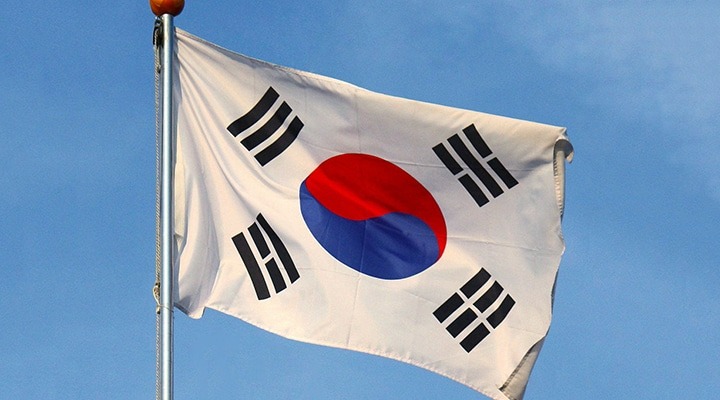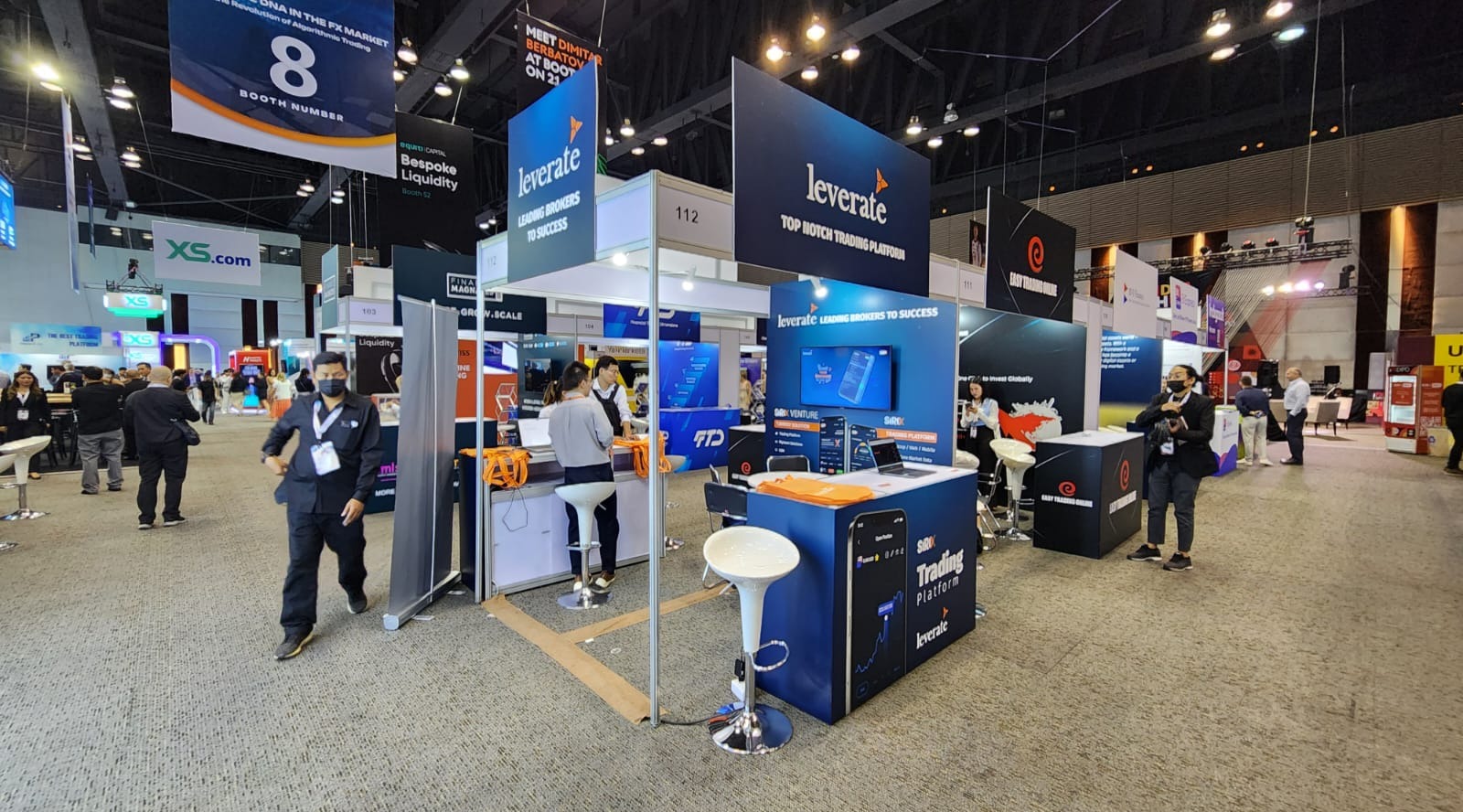South Korea is one of the most developed capital markets in the world. However, for 30 years, access to it for foreign investors was heavily restricted. Thanks to regulatory changes, gaining access to locally listed stocks and bonds will be significantly easier.
Regrettably, the situation is starkly different for contracts for difference (CFDs). The beneficial adjustments do not extend to these financial instruments. In fact, the regulations concerning them have been tightened even further.
South Korea Opens Up to Foreign Investors
The South Korean authorities have adopted regulations that will abolish the current requirements to register in advance with the Financial Services Commission (FSC) before starting to invest. The new law will come into effect on December 14 and will change the rule that has been in place for three decades, which has significantly hindered investors from outside Korea in capital allocation.
The FSC is working to ensure a more investor-friendly environment for foreign investors. To this end, it intends to extend market operating hours and offer additional materials in English. The Commission aims to make the local KOSPI benchmark one of the most important stock indexes in the world.
Goldman Sachs calculates that the local market could attract an additional $55 billion from foreign investors when the new law comes into effect. The investors accounted for just under 31% of the trading volume in the middle of last year. With more favorable laws, this value will undoubtedly increase.
The new system will allow foreign investors to undergo a streamlined verification process using their passport number or a legal entity identifier (provided to corporations) when opening accounts with securities firms in Korea. Those who have already obtained authorization will be able to continue using it.
End of Regulations in Force since 1992
The system, introduced more than 30 years ago, was intended to allow better control over the flow of foreign capital in and out of the country. Investors had to register, and information about their transactions was recorded.
However, the requirement was criticized both by foreign investors and domestic investment associations. Critics of the legislation considered it 'excessive', suggesting that no other developed market applies similar mechanisms. They are absent, among others, from stock exchanges in Germany, Japan, and the USA.
The Korean government still refuses to lift the ban on short-selling. The changes currently underway in Korea are beneficial, and as long as short selling is prohibited, the local market will not become fully attractive to foreign investors. Initially, the short-selling ban was introduced as a temporary measure during the Covid-19 pandemic. Since then, restrictions have only been lifted for the Kosdaq 150 and Kospi 200 indices.
Korea's Stance on CFDs and Crypto Still Maintained
Although South Korea is trying to loosen regulations regarding access to the local stock market by foreign investors, it still maintains a firm stance on CFDs. Just last week, financial market regulators in Korea introduced new regulations for these instruments to improve sector transparency and protect it from manipulation.
An official statement last Monday was released a month after eight South Korean stocks hit the daily lower limit for nearly a week. This was due to the effects of CFD trading. CFD accounts were liquidated, resulting in losses of over 100 billion won ($77 million).
Regulations include mandatory face-to-face authentication when opening new CFD accounts. Previously, authentication could be conducted online without face-to-face verification.
"The financial authorities will overhaul regulations on CFD trading so that investors can correctly identify information about the transactions ― such as who the real investors of the CFD trading are and how high the liquidation risks that these CFD transactions bear are ― and they will be able to make prudent investment decisions," Kim So-young, the Vice Chairman of the FSC, commented.
In the meantime, the ruling party in South Korea, the People's Power Party, is seeking to push back the date of the new law, which will require lawmakers in the country to declare owned cryptocurrencies . It should be remembered that cryptocurrency trading on Korean exchanges is reserved only for local residents.


















